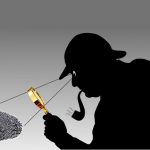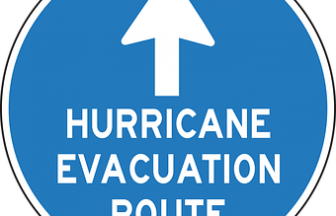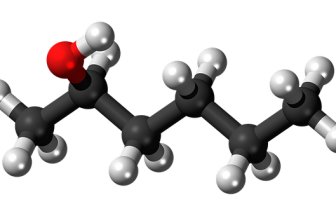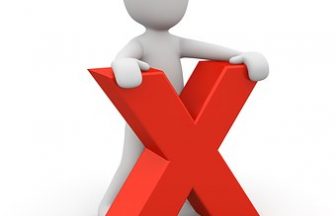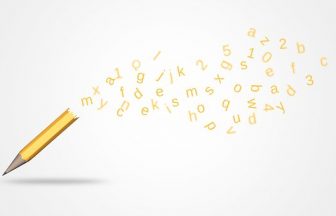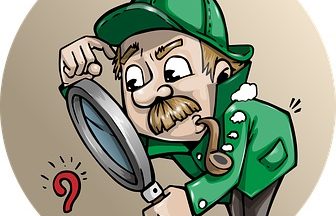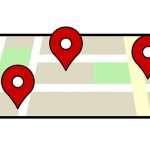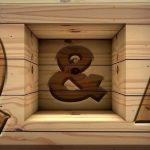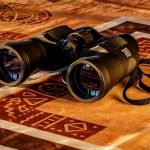「明らかな」|「clear」「obvious」「plain」の違いと使い方
「明らかな」ことやものは、簡単なので「明らか」もあり、誰の目にも「明らか」もあり、理解・認識が簡単なので「明らか」もある。英語の言い方を覚えておきましょう。
「明らかな」|「clear」は簡単で疑いなくわかる
clear は簡潔に端的な方法で表現されているため、簡単で疑いことなくわかることを表すときに使われる語。
医師の発言。 The doctor said, “My judgment is founded on clear facts.” (医師は「私の判断は明らかな事実に基づいている」と語った) ※ be founded on …「~に基づいている」 fact「事実」
公式発表。 It is clear that what the government of a country says is at variance with the facts. (ある国の政府が言っていることは明らかに事実とは相違している) ※ at variance with …「~と相違している」
態度で示す。 His behavior made it clear that he’d had enough. (彼はもううんざりだと言わんばかりの態度をとった)
官僚の答弁。 The bureaucrat didn’t give a clear answer to any of the questions the reporter asked. (記者が何を聞いてもその官僚の答えは要領を得ないものでした) ※ bureaucrat「官僚」 reporter「記者」
「明らかな」|「obvious」は誰の目にも明らか
obvious は誰の目にも明らかなことを表すときに使われる語。
添削。 Unless there are obvious mistakes, leave the essay as it is. (明らかな誤り以外は文章に手を入れないでください) ※ leave … as it is「~をそのままにしておく」
看取りが近い。 It was obvious to everyone that his grandfather’s illness was getting worse. (彼の祖父の病状がだんだん悪くなっているのは誰の目にも明らかでした)
くじ運の悪さ。 The disparity in ability between the two teams was quite obvious. (2つのチームの力の差は歴然としていました) ※ disparity「格差」
経済指標の一つ。 If you looked at the falling stock prices, it was quite obvious that the economy was slowing down. (株価の下げを見れば景気の後退は一目瞭然でした)
「明らかな」|「plain」は、はっきりしていて理解・認識が簡単
plain は理解や認識するのが簡単なほど、とてもはっきりしていることを表すときに使われる語。
多くの人が言います。 I wonder if there is any computer manual written in plain words. (やさしい言葉で書かれたコンピュータのマニュアルはないものでしょうか)
図表でわかること。 The chart plainly shows the declining birthrate. (そのグラフは少子化を端的に示しています) ※ declining birthrate「少子化」
言明。 There is one thing that I would like to make plain. (これだけははっきり言わせていただきます)
人気の評論家。 Her critiques are all written in a plain style. (彼女の評論はいずれも平明な文体で書かれています) ※ critique「評論」
まとめ|「明らかな」「clear」「obvious」「plain」
clear は簡単で疑いなくわかる
obvious は誰の目にも明らか
plain は、はっきりしていて理解・認識が簡単


